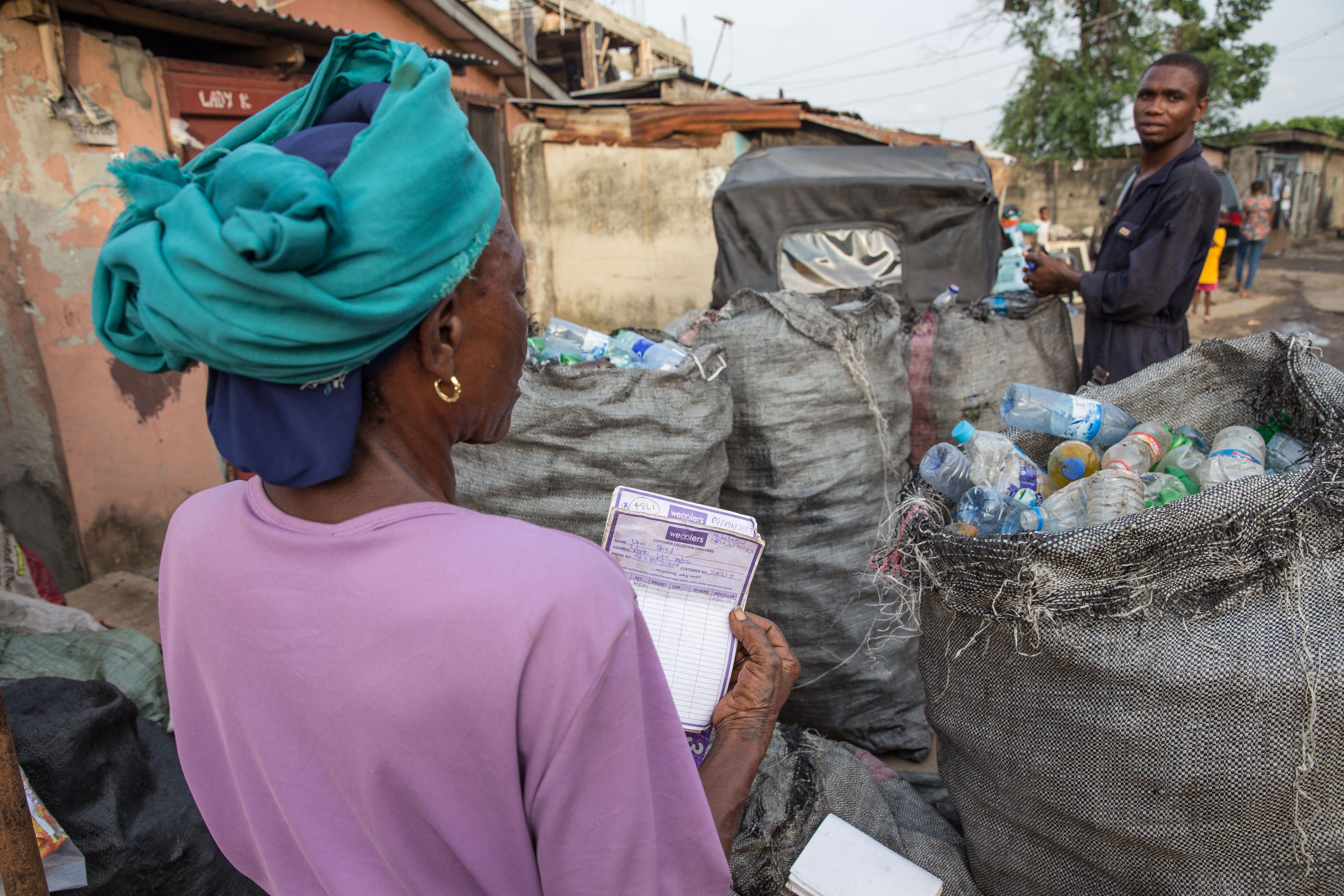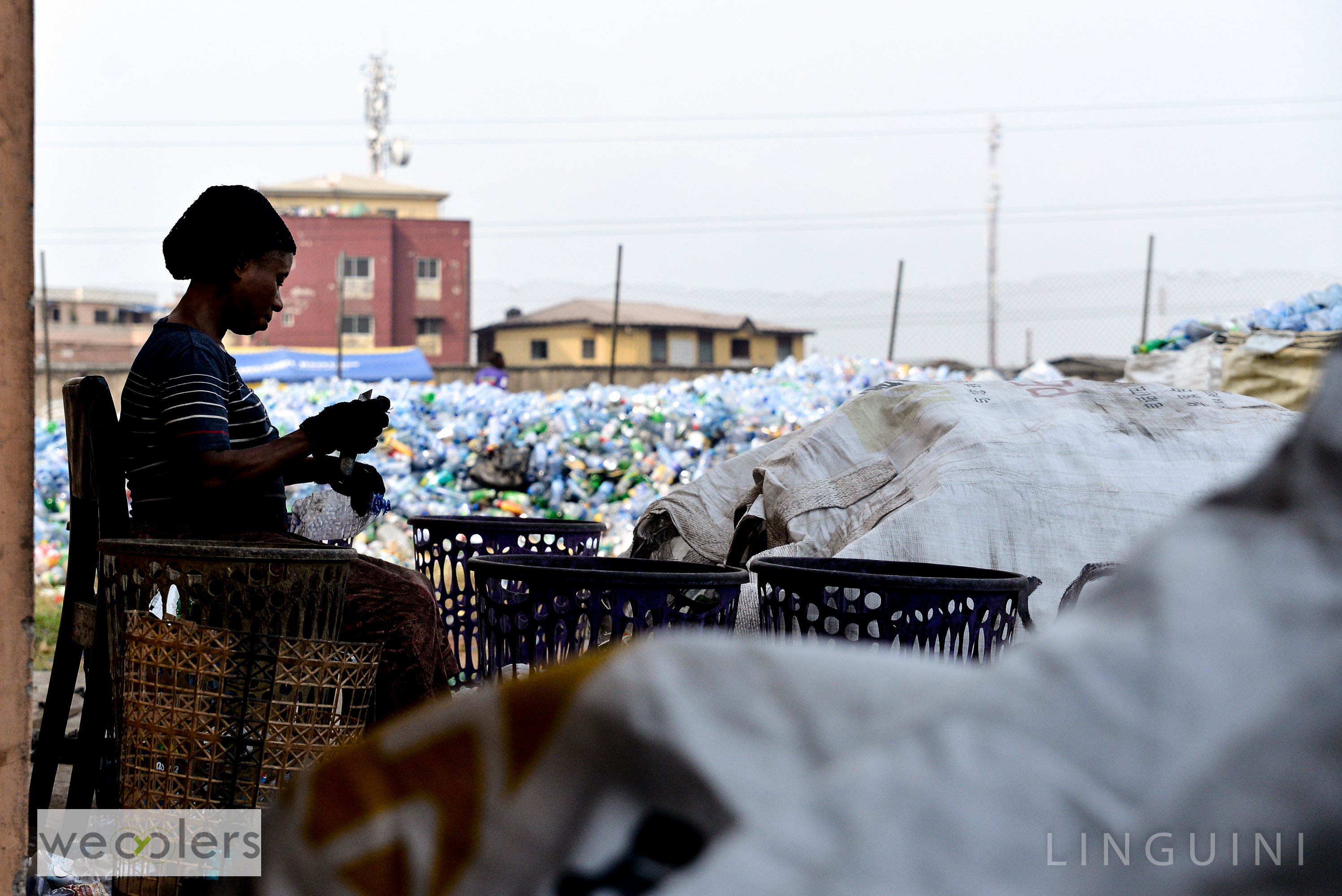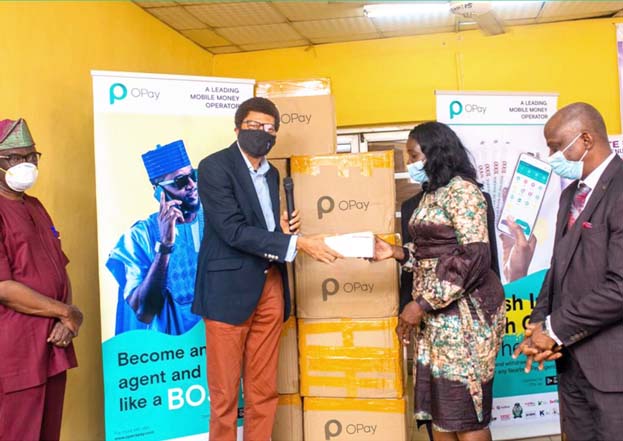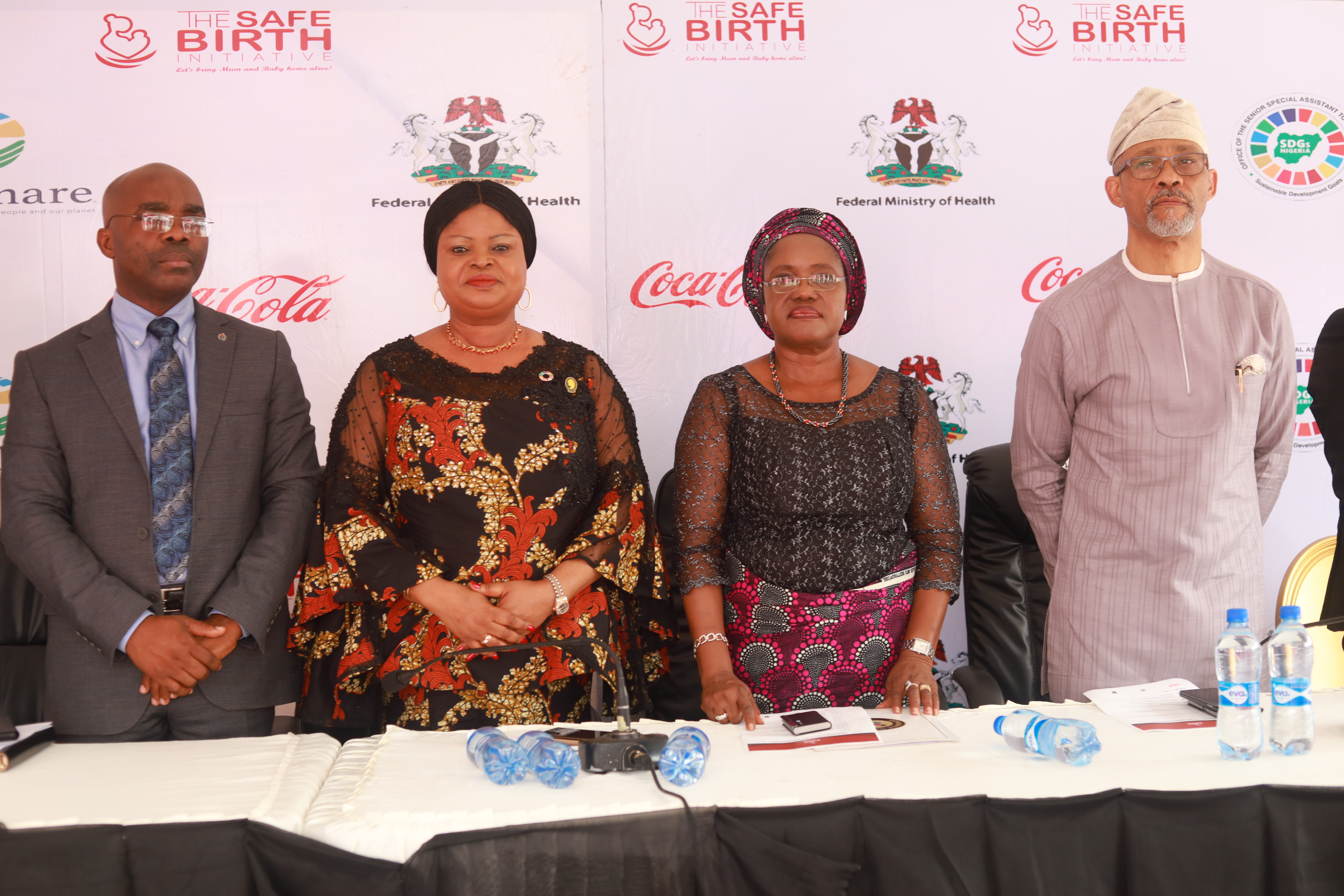Unilever, others, drive social inclusion through sustainability
The world is dynamic. It is constantly evolving and changing. To stay ahead of the curve is to change and remain relevant. This is progress. Sustainability, as a concept, has shown that it is durable and sustainable. It has moved from the fringes. From being whispered in corporate corridors, it is now at the core of development conversations.
In defining sustainability, Investopedia notes that it focuses on meeting the needs of the present without compromising the ability of future generations to meet their needs. It further explains that the concept of sustainability is comprised of three pillars: economic, environmental, and social.
The pillars are interconnected and can be used to create a more socially inclusive world.
Take the waste situation in Nigeria where the challenge of plastic waste has escalated to life-threatening levels. 16 million tonnes of plastic are generated every year. They clog the drains, fill the rivers and canals, and litter the environment. It is the definition of an eyesore.
Every effort to curtail the menace of plastic waste is commendable and a steptowards sustainability. Initiatives that make it possible to remove plastic waste from the environment, create wealth and promote social inclusion at the same time are admirable and revolutionary.
To contribute to solving the plastic problem, Unilever, in 2014, funded a ‘Recycling Exchange partnership with local social enterprise, Wecyclers. The goal was simple, to create a circular economy that translates waste to wealth. Today, across five locations in Lagos state, plastic waste is collected through community involvement and recycled.
Through this initiative, many women and young people have increased their earning power by up to 175 per cent thereby driving inclusion, empowerment, and environmental health. Participants have grown their business, started new businesses and paid school fees with the proceeds.
It is also producing environmentally conscious citizens and contributing to efforts to establish a cleaner and healthier state. This is the beauty of sustainability.

In Abuja, Intisar Bashir Kurfi is using plastic bottles and pure water nylon to make interlocking tiles. With appropriate support and some refinement, this idea can be replicated and implemented in Lagos and indeed every state in Nigeria. Recycling is a huge ‘waste to wealth’ opportunity.
From the foregoing, sustainable practice drives social inclusion. According to the World Bank, social inclusionis the process of improving the terms on which individuals and groups take part in society—improving the ability, opportunity, and dignity of those disadvantaged based on their identity. Underline these words: improving the ability, opportunity, and dignity
Everyone needs an opportunity to seek to better themselves, improve their lives and increase chances for their children. The less privileged more so. In a country like Nigeria, where so many people live from one paycheck to the other ‘improving the ability, opportunity, and dignity’ is a worthwhile goal.
Sadly, the coronavirus (COVID-19) pandemic is exacerbating existing social issues, particularly poverty. It has precipitated unprecedented global lockdown, triggered economic downturns, and is forcing people apart in the name of social distancing. The human and economic cost of COVID-19 pandemic is horrendous.
The World Food Programme (WFP) in analysing the economic and food security implications of the pandemic noted that the depth and breadth of hunger will increase worldwide.
The United Nations University World Institute for Development Economics Research (UNU-WIDER) which provides economic analysis and policy advice to promote sustainable and equitable development, estimates that COVID-19 poses a real challenge to the UN Sustainable Development Goal of ending poverty by 2030.
Oxfam International’s new report ‘Dignity Not Destitution’ highlights the fact that, “Over half the global population could be living in poverty in the aftermath of the pandemic.”
It notes that “The economic fallout from the coronavirus pandemic could push half a billion more people into poverty unless urgent action is taken to bail out developing countries.”
In Nigeria, a recent report by the National Bureau of Statistics (NBS), indicates that 40 per cent of Nigerians live below the poverty line of 137,430 naira ($381.75) a year. This represents 82.9 million poor people.
The reports are disheartening. The picture is not pretty. The situation is unattractive. Poverty continues to hold too many people in its vice-like grip.
Investopedia defines poverty as a state or condition in which a person or community lacks the financial resources and essentials for a minimum standard of living.

In describing poverty, the World Bank Organisation notes that in addition to a lack of money, poverty is about not being able to participate in recreational activities; not being able to send children on a day trip with their schoolmates or to a birthday party; not being able to pay for medication for an illness. These are all costs of being poor.Poverty fuels social exclusion.
The urgent action that Oxfam spoke of must go beyond palliatives. It should be concrete and sustainable. It should empower and dignify. It must create opportunities. And it aligns with SDG 1 – No Poverty. But it is not something that the government can do alone. The organised private sector must pitch in. It is only by working together that progress can be made in ‘improving the ability, opportunity, and dignity.’
Some organisations like Unilever Nigeria, through its Shakti initiativeis creating an inclusive society by providing business training and funding, and thereby livelihoods, to women in rural areas. Through this initiative, Unilever provides a lifeline of its products to women, to sell and make returns. The groundbreaking initiative started in 2014.
On its part Interswitch, Africa’s leading integrated payment and digital commerce company, has created such an opportunity in Lagos. The company established a Science, Technology, Engineering and Mathematics STEM and Innovation Lab in the Makoko area of Yaba.
In agriculture, Lafarge Africa Plc is creating value by unlocking the economic potential of small-scale farmers in Gombe State. Through its Agricultural Ecology Intervention, it is teaching farmers innovative farming techniques and standard farming practices that will help them sustain profitable growth.
These are not just stories of social innovation. They are great examples of sustainable projects creating opportunities and engendering social inclusiveness. They show what is possible.
Social inclusion empowers. It breeds confidence. It engenders a sense of belonging. It helps people dream. It makes people believe in possibilities.
Post COVID-19, the poor will not need handouts. They will need an opportunity to work. They will seek avenues to express themselves.
The World Bank understands this. Therefore, it has countless programmes across many countries to tame the menace of poverty, loosen people from its grip and set them on the path of progress. Social inclusion is a ladder to climb out of the pit of poverty, a thread to be woven into the fibre of the society.
The government, in thinking about how to help citizens escape poverty, must pursue policies that encourage and drive social inclusion. The private sector must join in. A socially inclusive society is a progressive society that ensures sustainable markets and development.
Social Inclusion may well be the panacea to tackle the challenges of economic existence, post COVID-19.
Add a comment





